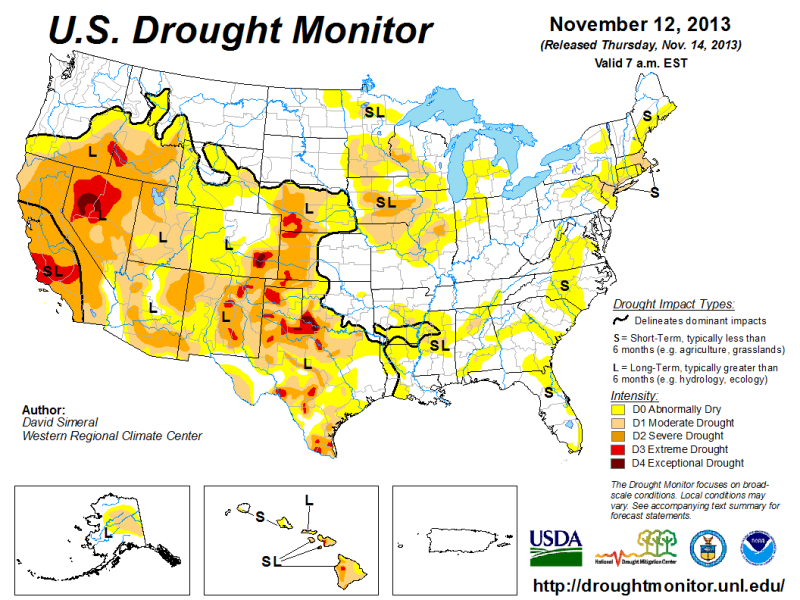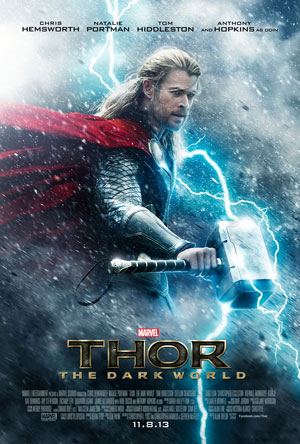Lady Orediggers Open their Season at the 30th Annual Al Kaly Shriners’ Classic
On Friday night, the Colorado School of Mines women’s basketball team opened their season on the road against Oklahoma Christian, and despite a seven point halftime lead, the Lady Orediggers lost a close one, 58-62.
After 10 minutes of game time, both teams were tied at 10 until No. 10 Laura Tyree made two straight buckets to give the Orediggers a five point cushion. The Lady Orediggers led by as many as nine points in the first half and held a seven point advantage (30-23) at halftime, but OCU scored the first four points of the second half to gain some momentum. For much of the second half, both teams traded points and with 11:35 to go, OCU took the lead at 37-36. The Orediggers tied the game up at 42, with 7:49 to play, but were never able to retake the lead down the stretch. The final score was Mines 58 and OCU 62.



